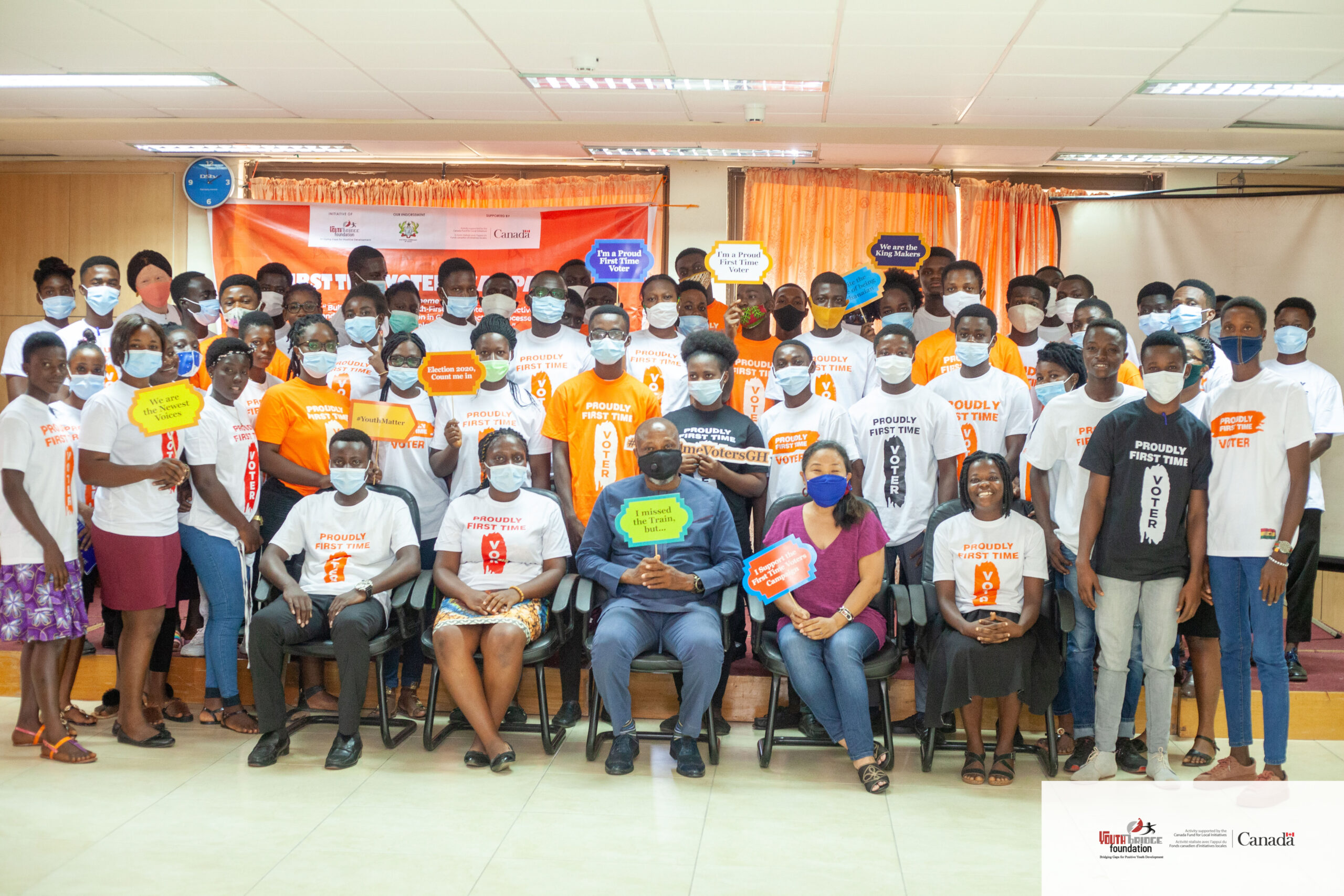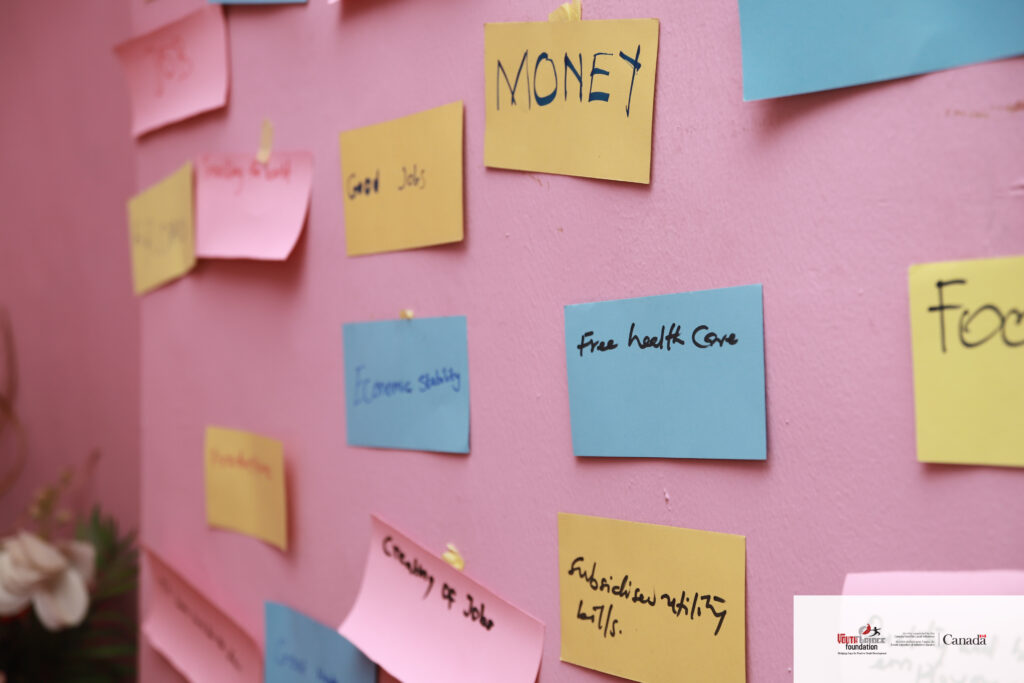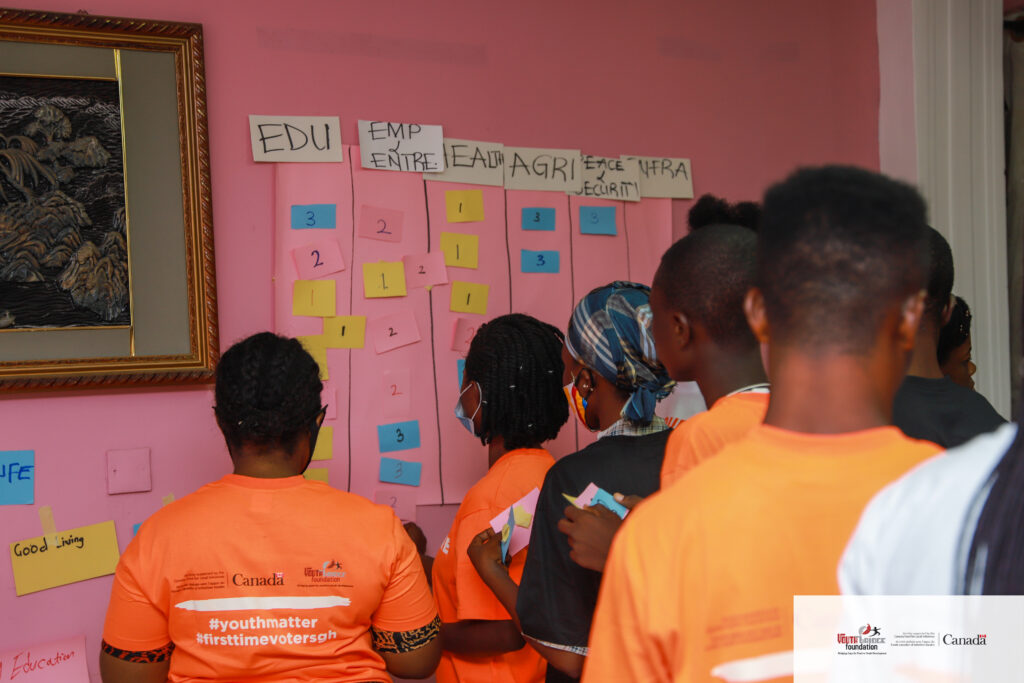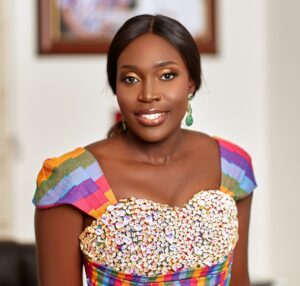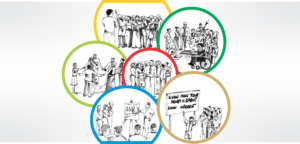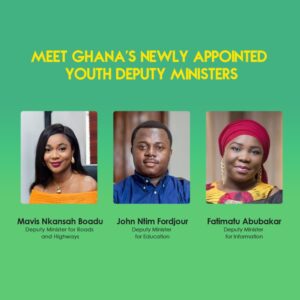As elections come and go, the youth across countries have remained the target of many political actors in perpetrating election-related violence. This is largely because of the vulnerability and exclusion (and/or marginalisation) of many of them in the economic, social and political decisions of their countries. In Ghana, the situation is not different.
It is worth noting that Ghana’s 2020 youth voter population according to the Electoral Commission consists of 55.1% of the total voter population; an indication of the need to build their capacity to effectively engage and participate in democratic processes. Key amongst the youth are first time voters (18-21 years) who may be misinformed, inexperienced and new to the political scene.
This is why the Youth Bridge Foundation (YBF) with support from the Canada Fund for Local Initiatives (CFLI) has embarked on a nationwide capacity development workshop under its First Time Voters Campaign ahead of the 2020 presidential and parliamentary elections.
Participants received orientation on the tenets of political (ideologies, values, administrative structures and achievements), youth focused manifesto policies by the aspirants and electoral violence. Additionally, participants were guided on how to translate their aspirations into expectations from the next Government.
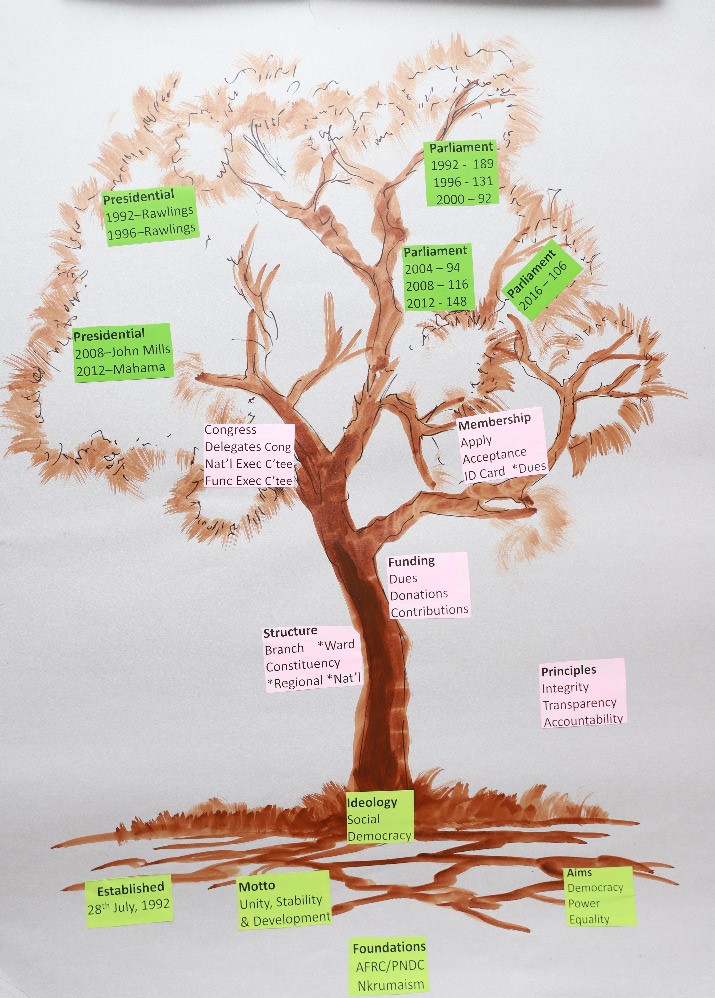
The workshop was held in three zones
- Northern Belt – Tamale on 13th October
- Middle Belt – Kumasi on 15th October
- Coastal Belt – Takoradi on 4th November
As part of the campaign, the Foundation conducted research to identify the aspirations and expectations of the youth first time voter. The findings were presented to various political actors ahead of the 2020 elections.
A youth and gender sensitivity analysis of the 2020 parliamentary elections was also conducted to capture youth representation in Ghana’s parliament.
